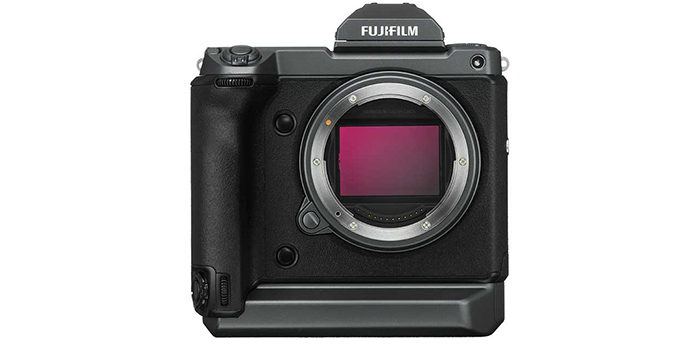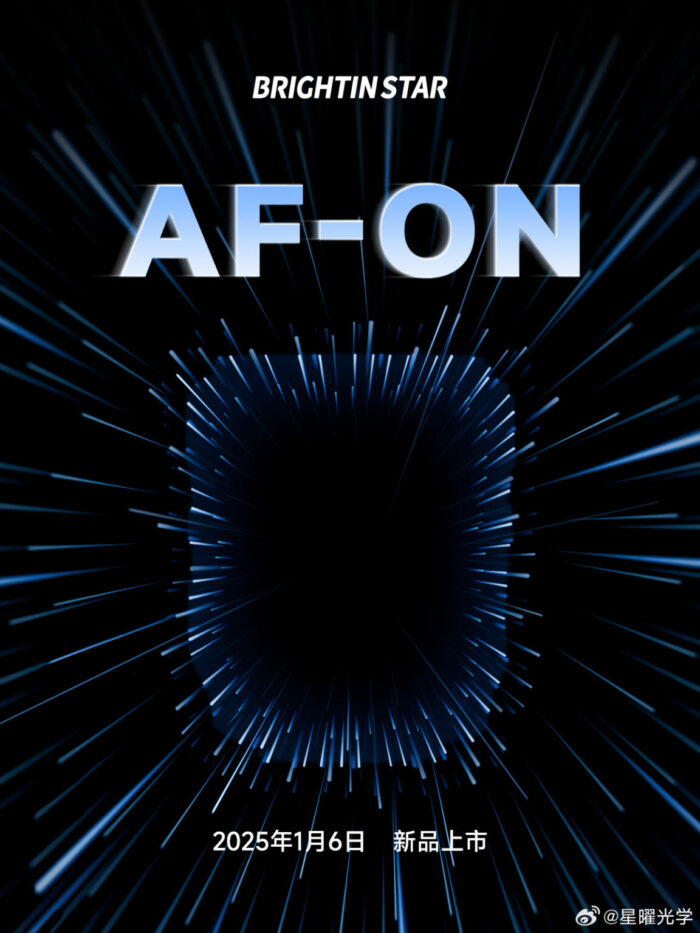Fuji says the GFX-100s will have better noise level than their current 50MP medium format cameras

Fujirumors posted this super roundup of all the info you get in a new Fuji Thailand interview:
GENERAL GFX MEDIUM FORMAT PRESENTATION
- Fujifilm compares Full Frame Size/Weight vs Medium Format, showing that medium format is lighter. But they cheat on lens equivalency (min 06:01). C’mon Fuji, no need for that
- 3 advantages of Medium Format are Depth of Field, Compression effect and Resolution/Dynamic Range (min 08:08)
- Fujifilm discovers sensor equivalency and this time they get also the lenses (almost) right (min 08:54)
- Mirrorless G Mount has a flange distance of 26,7mm, but Fujifilm can design lenses that go inside the mount, allowing a minimum focus distance of 16,7mm (min. 11:45)
- sensor wants to get the light straight from the lens, so shorter flange distance is better
- large sensor allows more stereoscopic effect bokeh (min 15:34)
FUJINON GF LENSES
- Fujinon GF 100-200 will be compatible with 1.4x teleconverter. He goes over lens specs at min 17:29
- Fujinon GF 50mm specs and details at min 18:09. He says it is not pancake, but “small prime”
- Fujinon GF45-100mmF4 coming 2020. He goes over specs and details at min 19:03
Fujifilm GFX50R
- Fujifilm “respects” the rangefinder style lovers, so they made the Fujifilm GFX50R
- Smaller and lighter for street photography
Fujifilm GFX100 (mainly starting from min 23:53)
- Fujiflm GFX100 will have faster sensor readout. They don’t know how Full Frame will develop in future and if they can make medium format just as fast
- Fujifilm GFX100 focal plane shutter is big and hence not fast enough for 10 fps (min 13:11)
- Fujiflm GFX 100 has a backside illuminated sensor with customized photodiods
- 100 Megapixel are sensible to shocks, so, although challenging to develop, they put IBIS into the Fuji GFX100
- OIS – IBIS combo should work also on Fujifilm GFX 100, like it will do on Fujifilm X-H1 via firmware update in December
- Another challenge is to make it a Medium Format 4K cinema camera.
- 100% phase detection coverage
- Despite the higher pixel count, Fujifilm wants to keep sensitivity and dynamic range like GFX 50S and GFX 50R. The Manager adds that on GFX100 “noise is actually smaller” (min 25:12)
- The Fujifilm X-T3 autofocus algorithm will be implemented in Fujifilm GFX100
- Launch in first half of 2019 (already at the Fuji GFX100S announcement, Fujifilm Manager Toshi said it will come in “early 2019”)
Additional Fujifilm GFX 100 Information
The following information comes from older manager statements, rumors and articles on FujiRumors, and I add them here so that you guys can have a more complete overview.
- Read here – Fujifilm GFX 100 sensor information published by Sony
- Read here – Fujifilm manager says Fujifilm GFX100S will cost $9,995
- Read here – Size Comparison: Fujifilm GFX 100S vs Sony A7III, Nikon D5, Canon 1DX, Canon EOS R, Nikon Z7, Nikon D850, Fuji GFX 50R
- Read here – RUMOR: Fujifilm GFX 100 with Pixel Shift Multishot
- Read here – Fujifilm Manager: GFX 100 Full Sensor PDAF, no Crop 4K@30p
- Read here – Fuji Guys Billy Hopes IBIS will be Implemented in Future Fujifilm GFX 50 version of GFX 100
Mixed
- No plans currently to make a compact medium format camera like the X100 series. Currently focus on making lenses and bodies, but not compact X100 alike camera. It’s up to user request (min 27:22)
- Phase detection pixels on Fujifilm cameras never damage image quality
- Sometimes contrast detection autofocus is better. Fujifilm should balance both, depending on the subject/conditions
X Series, GFX Series and Why no Full Frame
- Fujifilm considers balance. APS-C has right sizing, system weight. So it’s the best balanced system
- APS-C already covers so many photography fields
- X-Series can not cover the high megapixel it sometimes needs for fashion, commercials, landscapes, studio, so they went medium format, which allows even higher resolution than full frame
- Fujifilm has almost 70 years of medium format camera/lens experience
